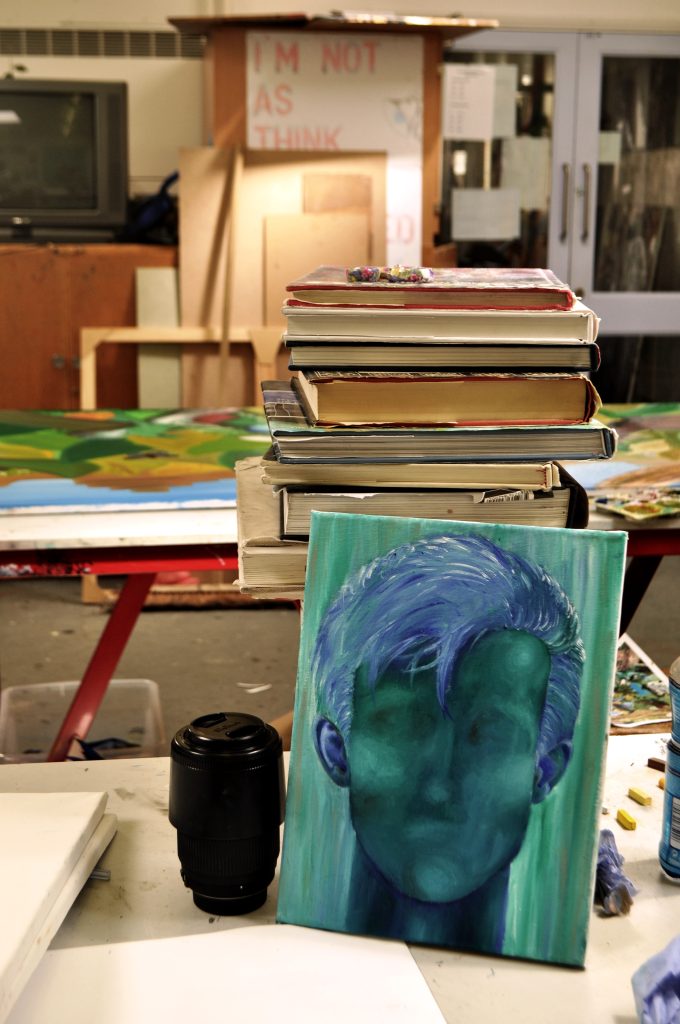
We all share anxiety. We all have good days and we all have bad days. With anxiety, one almost becomes hyper-aware, but that doesn’t mean that everyone isn’t feeling the same, it just means that those who are hyper-aware feel entrapped within their acute perception of reality. Even for those who believe they have a certain amount of empathy and consideration can never fully understand until they have felt it themselves. But this is the underlying point, everyone has felt it, but some people hold onto it, and it manifests into a confusion of adrenaline and numbness that doesn’t necessarily structurally coincide with everyday life. Sometimes it’s there, and sometimes it isn’t. For those who don’t understand this feeling, it is sometimes difficult to gauge how it can affect someone to such an extent. Oftentimes, one rarely knows that this person suffers, because people don’t talk enough. It is easy for someone to feel selfish, or guilty about sharing their feelings.
As students, rising numbers of us are increasingly suffering from stress, anxiety and depression. Why? Because our structure is messed up. We have deadlines coming out of our ears and we don’t know when one week ends and another begins, then finally we lose sight of why we’re even putting ourselves through this, and that it’s too late to turn back now. On the other side, we aren’t challenged enough. Or we are challenged in the wrong ways. We feel our slowly depleting energy continuously focused on the things that we no longer consider priorities, and fall into a hole of hopelessness where we can no longer see the other side through the haze of our early morning caffeine rush.
When we bring this problem into the medical world, we are very quick to be subscribed medication that will “help”, but what about withdrawal symptoms when we run out? What about the psychological reliance we have on these “happy” pills. Yeah, they sort out our chemical imbalance, but that’s all it is, an imbalance. There’s a reason for the chemical imbalance in the first place, but there’s no way that we can’t sort out our imbalances utilising people, ourselves even. The most important route to take when beginning ones adaption to minor mental disorders is structure- a structure to one’s day, or week even, if you can think that far ahead. It all comes down to the same old thing… A healthy diet, exercise and a structured sleeping pattern. Without these as a foundation, it is very difficult to continue to deal with and overcome the problem.
By indulging in the things we love and by spending time with close friends, anxiety can become manageable in this weird three years of university life that we’re never going to experience again. I’ve known of a student, who’s walked into the doctors with a tight feeling in their chest, dizziness, and panic, and as soon as they entered the room they witnessed the doctor writing out a subscription for that “helping hand” i.e. pills, that we can become addicted to because we feel we have nowhere else to turn. This was without any mention of anxiety, merely the doctor appeasing his patient before moving to the next issue.
Counselling can often help, but it’s not for everyone. It is however good to recognise this through experience rather than assumption, take advantage of the free counselling we have on campus. There has been a vast increase in students attending to counselling, which is proof in itself that many people are sufferers, and with this recognition, more people are willing to open up. And so they should.
